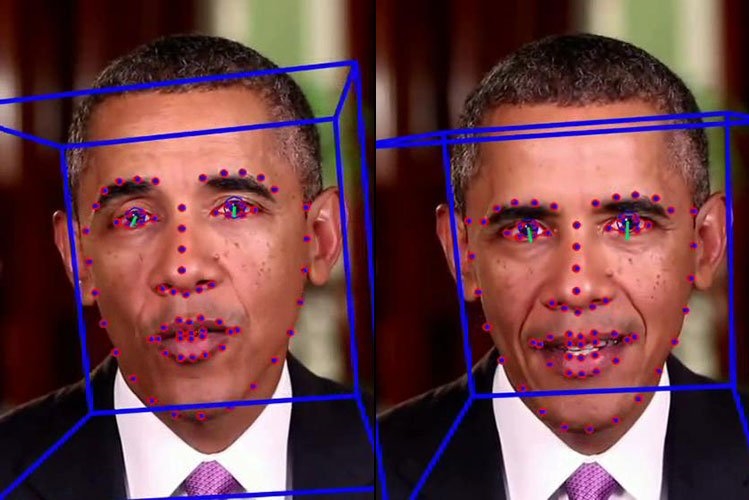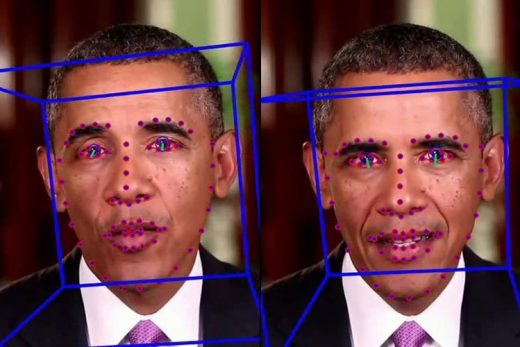Deepfakes A Growing Cyberthreat Concern
Deepfakes A Growing Cyberthreat Concern

Cybercriminals are using artificial intelligence (AI) to increase cyberattacks and evade detection. One of the upcoming attacks centers on Deepfakes.
Deepfakes — fabricated images or videos depicting scenes or people that were never present, or even existed — have become one type of weaponized AI tool of concern to marketers and business executives.
These fake videos are created to mimic public figures, so they appear to say whatever words the video creators put in their mouths. Deepfakes are part of a growing list of automated cyberattacks as people spend more time online.
The research — published by Darktrace and MIT Technology Review — was fielded from December 2020 to January 2021 and surveyed more than 300 executives, directors, and managers worldwide to understand how they perceive the cyberthreats.
he study explores organizations’ biggest cybersecurity concerns and how they adopt artificial intelligence (AI) to prevent AI-enabled cyberattacks.
Some 55% said traditional security solutions cannot anticipate new AI-driven attacks, while 96% said they are adopting “defensive AI,” which refers to self-learning algorithms, to remedy the challenge.
All cyberattacks raise alarms, but email and ransomware cause executives the greatest worry.
- 74% rate email and phishing attacks as a top concern
- 73% cite ransomware or other fast-moving cyberattacks
- 68% say attacks on cloud infrastructure
- 64% cite insider threats of data leaks
- 58% say risks introduced by a dispersed workforce
- 57% threats to cloud applications
Surveyed business leaders indicate automated cyberattacks threaten to overwhelm the ability of managerial response and current tools. They say cyberattacks run too fast for humans and first-generation tools to keep up with, as they struggle to protect data and other assets.
- 60% say human-driven response can’t keep up
- 55% think security tools can’t anticipate new attacks
- 50% cite hiring qualified employees is difficult
- 43% say siloed data and tools make it hard to understand an attack
- 34% say too many security alerts to manage
- 31% believe around-the-clock staffing is required
When survey respondents were asked how worried they are that future cyberattacks against their companies will use AI, 97% cited future AI-enhanced attacks as troubling, with 58% of respondents saying these cyberattacks are very concerning. When asked which attacks are most worrisome, 68%, reported impersonation and spear-phishing was their biggest fear.
- 68% cited impersonation and spear-phishing attacks
- 57% said ore effective ransomware
- 56% said misinformation and the undermining of data integrity
- 53% cited disruption of remote workers by targeting home networks
- 43% said deepfakes
(26)


